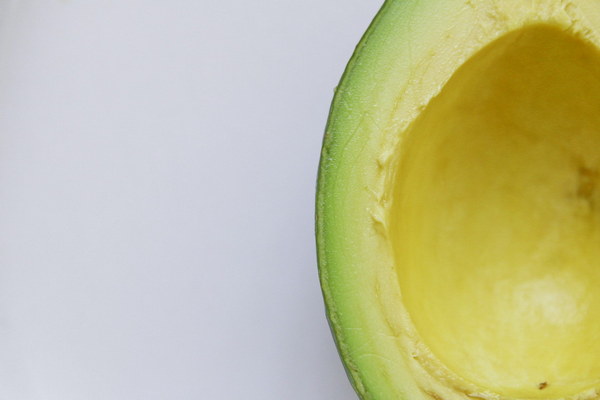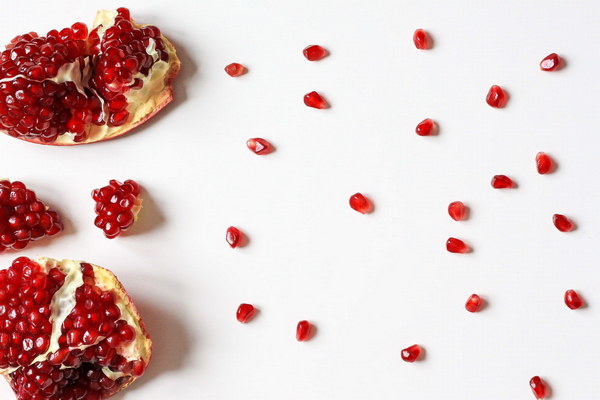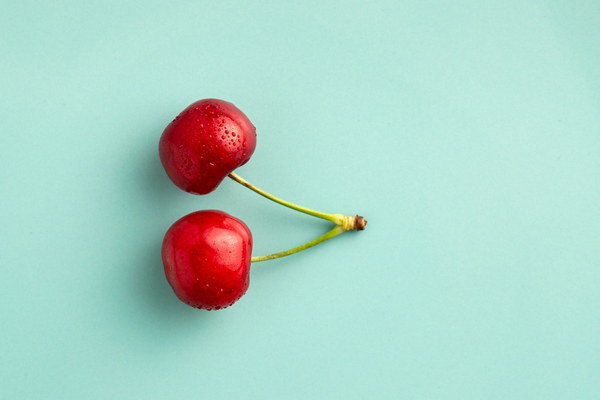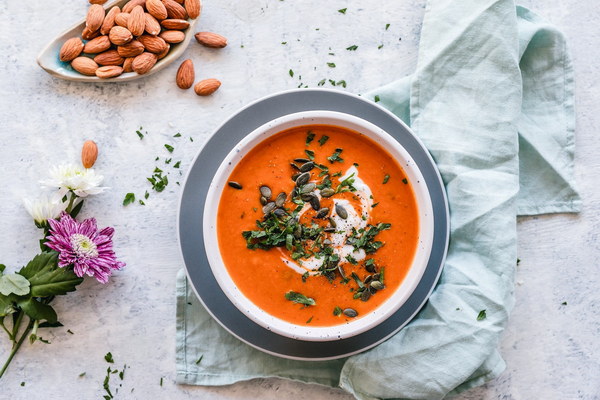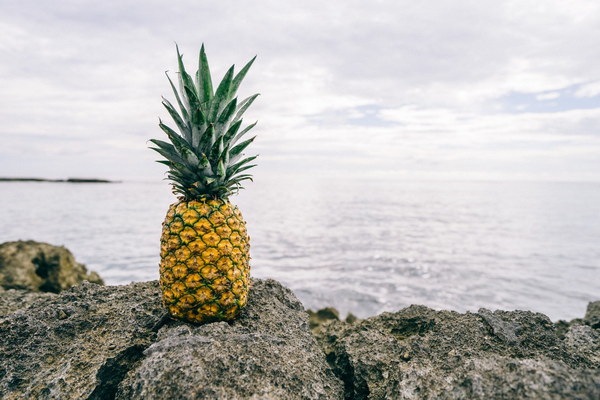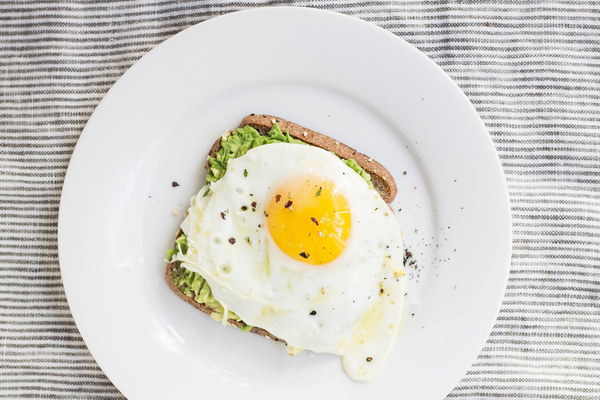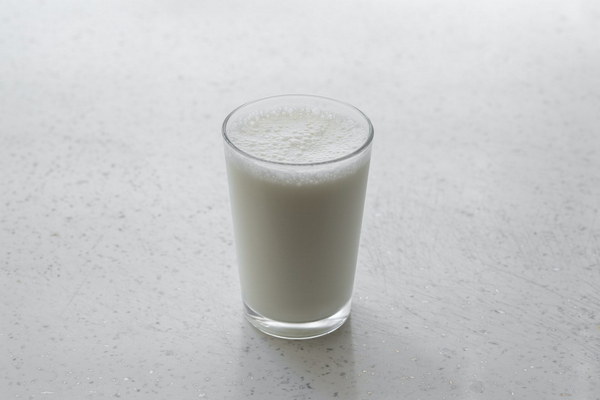Is It Safe to Eat Winter Melon and Red Beans for Dampness Relief A Comprehensive Guide
Is It Safe to Eat Winter Melon and Red Beans for Dampness Relief? A Comprehensive Guide
In traditional Chinese medicine, the concept of dampness is often associated with various health issues, and many people turn to natural remedies like winter melon and red beans to alleviate these symptoms. But is it safe to consume winter melon and red beans for dampness relief? This article delves into the properties of these ingredients, their benefits, and any potential risks.
Understanding Dampness in Traditional Chinese Medicine
In traditional Chinese medicine (TCM), dampness is considered an internal condition that can lead to a variety of symptoms such as fatigue, water retention, bloating, and digestion problems. TCM practitioners believe that certain foods can help balance the body's yin and yang, including those that can alleviate dampness.
The Properties of Winter Melon
Winter melon, also known as ash gourd, is a popular ingredient in Chinese cuisine and TCM. It is believed to have diuretic properties that can help remove excess moisture from the body. Here are some of the properties and benefits of winter melon:
1. Diuretic: Winter melon is known for its ability to increase urine output, which can help reduce fluid retention.
2. Digestive Aid: It can aid in digestion by promoting the flow of bile and alleviating constipation.
3. Detoxifying: Winter melon is thought to have detoxifying properties, which can help remove toxins from the body.
4. Anti-inflammatory: It may have anti-inflammatory effects, which can be beneficial for those with joint pain or inflammatory conditions.
The Properties of Red Beans
Red beans, also known as adzuki beans, are another staple in Chinese cuisine and are often used in TCM. Here's what makes red beans beneficial for dampness relief:
1. Diuretic: Similar to winter melon, red beans have diuretic properties that can help in reducing excess fluid in the body.
2. Nutritious: They are rich in fiber, vitamins, and minerals, which can contribute to overall health and digestion.
3. Energy-Boosting: Red beans are a good source of iron and B vitamins, which can help combat fatigue and boost energy levels.
4. Anti-inflammatory: They may also have anti-inflammatory effects, making them beneficial for those with joint pain or inflammation.
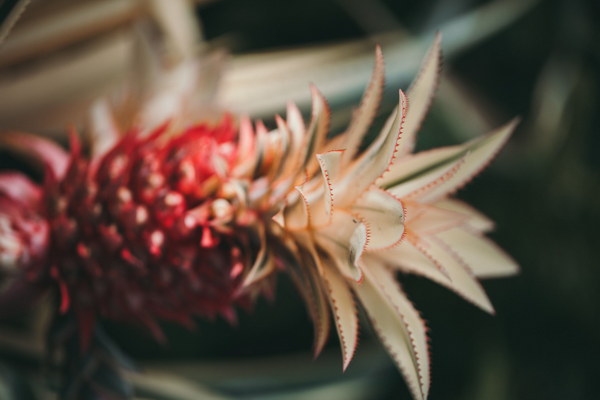
Combining Winter Melon and Red Beans
When combined, winter melon and red beans can create a powerful dampness-relieving potion. Here’s a simple recipe to try:
Winter Melon and Red Bean Soup
Ingredients:
- 1 winter melon, peeled and deseeded
- 1 cup red beans
- 1 teaspoon of rock sugar (optional)
- 8 cups of water
Instructions:
1. Rinse the red beans and soak them overnight to reduce cooking time.
2. Peel and deseed the winter melon, then cut it into bite-sized pieces.
3. In a large pot, bring the water to a boil, then add the soaked red beans and cook until they are soft.
4. Add the winter melon pieces and continue to cook until the winter melon is tender.
5. Add rock sugar to taste and serve hot.
Potential Risks and Considerations
While winter melon and red beans can be beneficial for dampness relief, it's important to be aware of potential risks:
1. Allergies: Some individuals may be allergic to winter melon or red beans, so it's essential to be cautious if you have known allergies.
2. Digestive Discomfort: Excessive consumption of winter melon and red beans can lead to digestive discomfort, such as bloating or diarrhea.
3. Interactions with Medications: It's important to consult with a healthcare provider if you are taking medications that may interact with these ingredients.
Conclusion
In conclusion, winter melon and red beans are safe to eat and can be beneficial for dampness relief when consumed in moderation. Incorporating these ingredients into your diet can help alleviate symptoms associated with dampness in TCM. However, as with any dietary change, it's important to consider your personal health history and consult with a healthcare provider before making significant changes to your diet or starting any new treatment regimen.
Note: This article is for informational purposes only and does not constitute medical advice. Always consult with a healthcare professional before starting any new treatment or making significant changes to your diet.
